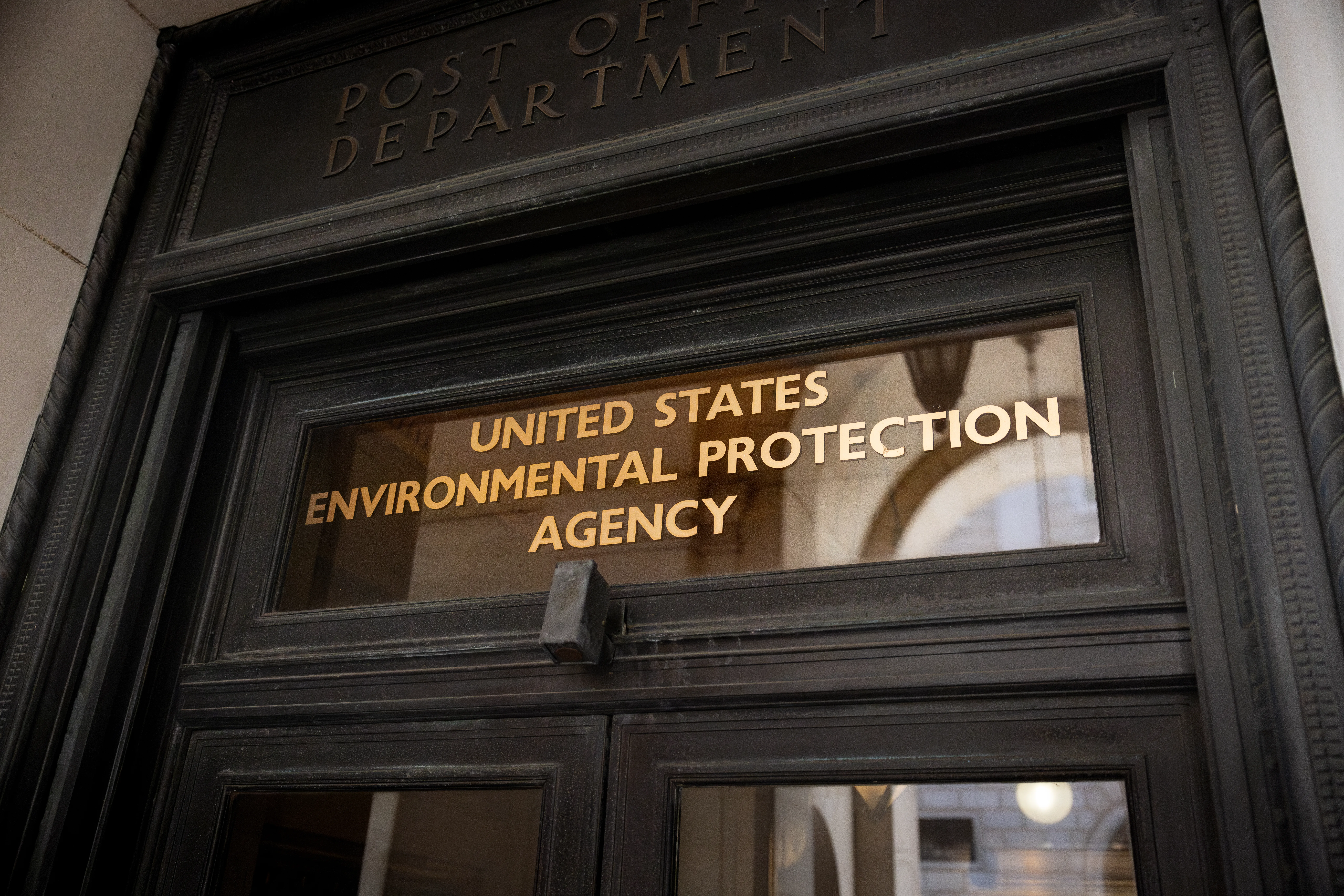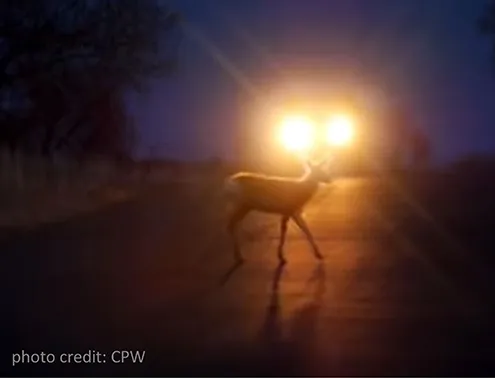
Colorado adopts strict zero emission vehicle standard
By Derek Draplin | The Center Square
A Colorado commission on Friday voted to adopt a strict standard that will require more zero-emission vehicles be sold in the state, a mandate similar to the one in California.
The Air Quality Control Commission (AQCC), part of the Colorado Department of Public Health and Environment (CDPHE), voted 8-1 Friday in favor of the standard that will require at least 5 percent of all vehicles sold by automakers in the state to be zero emission vehicles (ZEV) by 2023. The vote came after days of testimony and deliberation this week before the commission.
The approved regulations also mandate that at least 6 percent of all vehicles sold be zero emission by 2025.
“The adoption of the zero-emission vehicle standard is a clear demonstration of our unrelenting commitment to making sure every Coloradan has clean air to breathe,” said CDPHE Executive Director Jill Hunsaker Ryan, who was appointed by Gov. Jared Polis.
The new standard, however, has been scrutinized by some economists and consumer groups, like the Freedom to Drive coalition, which opposes the standard.
The coalition says the mandate will drive up costs for consumers. Others question the feasibility of zero emission vehicles in rural parts of the state.
“The Air Quality Control Commission was presented with a mountain of evidence showing why California vehicle mandates would be a costly and counterproductive mistake for Colorado, yet it unfortunately did the political thing rather than the right thing by approving them anyway,” Sara Almerri, a spokesperson for the coalition, said in a statement. “We believe commissioners did a disservice to all Coloradans, but especially Coloradans of modest means, by all but ignoring the concerns we raised and letting the state get away with a sadly slipshod economic analysis that didn’t adequately account for the long-term harm this move will do.”
The commission says the new standard doesn’t require consumers to purchase electric vehicles, but it does require automotive manufacturers to offer more electric vehicles for sale in the state, thereby give consumers more options.
Government officials also pointed to the urgency of reducing emissions in the face of climate change as a justification for the mandate.
“The zero-emission standard does not compel anyone to buy an electric vehicle,” said Garry Kaufman, director of the Air Pollution Control Division, which is also part of CDPHE. "It only requires manufacturers to increase ZEV sales from 2.6 percent to 6.23 percent. It’s a modest proposal in the face of a critical threat. Where the federal government refuses to act, states must lead. Time is of the essence.”
The coalition says that the new mandate will add $500 to the sticker price of all new vehicles sold in the state, which adds up to an estimated net total cost of $600 million passed off onto consumers.
Some automotive industry groups like the Alliance of Automobile Manufacturers and Association of Global Automakers praised the new mandate.
“We are appreciative of the Polis administration for working with automakers to develop a plan that will help the auto industry transition into the ZEV program,” said David Schwietert, interim president and CEO of the Alliance of Automobile Manufacturers. “Automakers want to put more electric vehicles on the roads in Colorado, and AQCC's decision, coupled with Colorado’s extensive investments in consumer incentives and infrastructure, will help pave the way to do just that.”
Colorado adopted the Colorado Low Emission Automobile Regulations (CLEAR) under former Gov. John Hickenlooper in 2018, which directed the adoption of a low emission vehicle (LEV) standard. When Gov. Polis took office, he signed an executive order requiring CDPHE to develop the zero emission vehicle (ZEV) program that would be added to CLEAR.
"Obviously we are disappointed by the commission's economically myopic decision,” said Kelly Sloan, executive director of the coalition. “We are excited about the future of electric vehicles as well, but unlike the commission and the interest groups mobilized to support the proposal, we refuse to let zealousness over the advancement of expensive niche cars cloud our judgement as to economic realities in Colorado.”

















